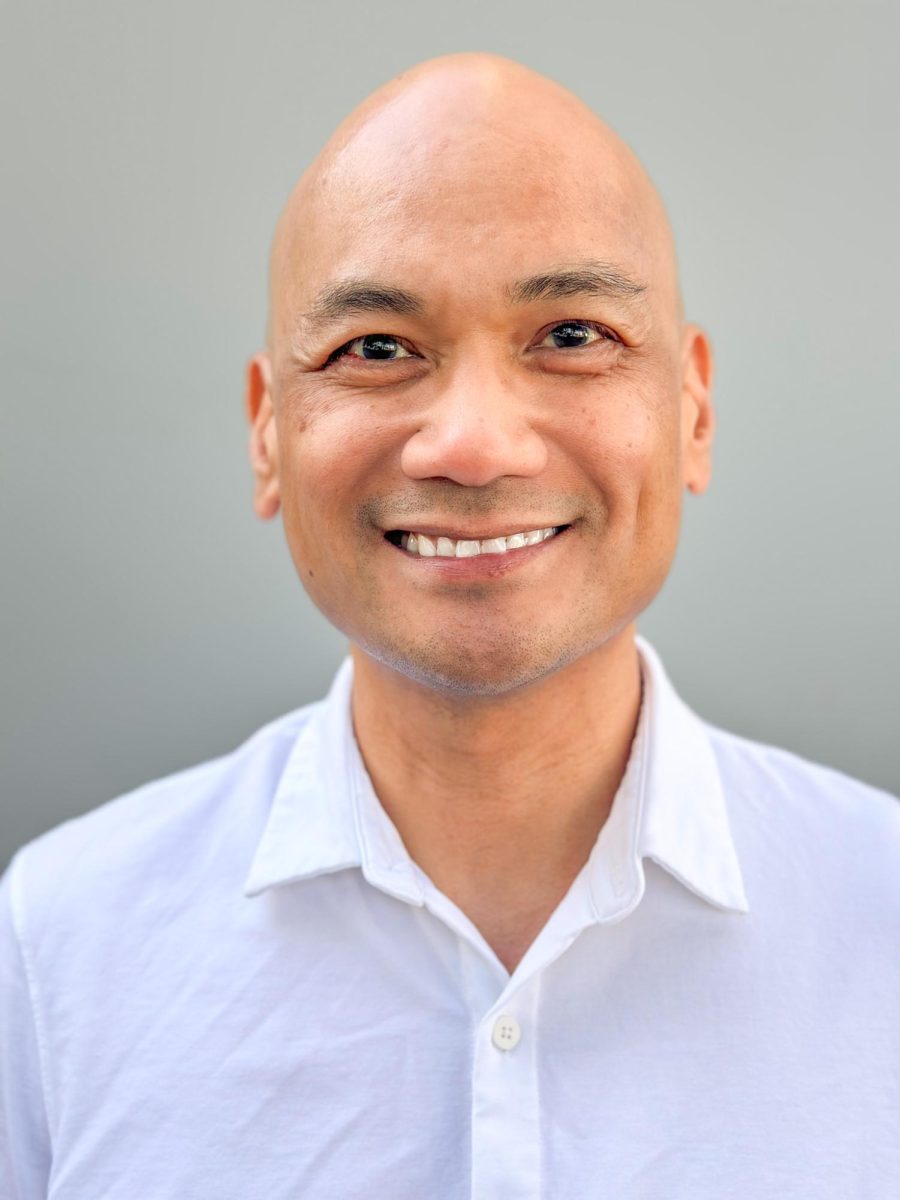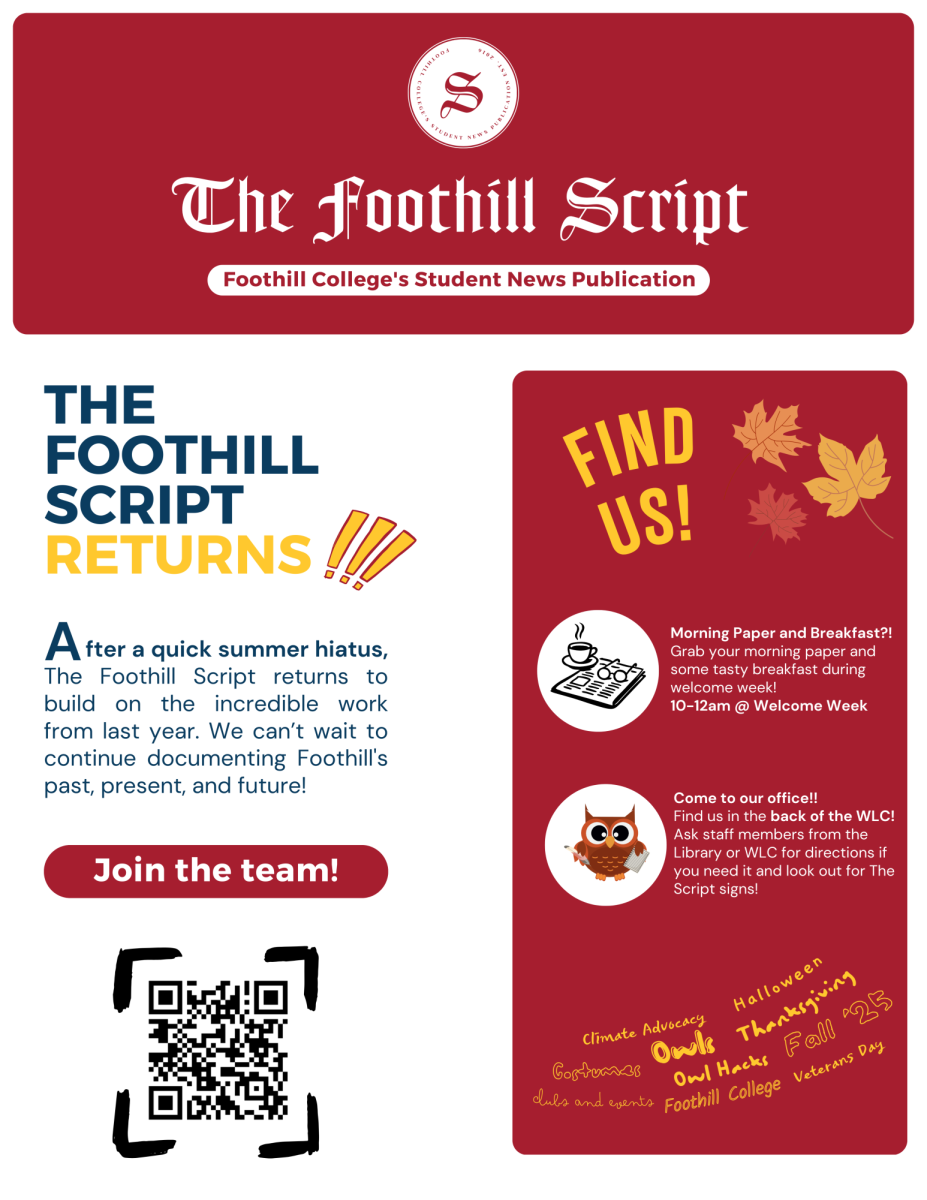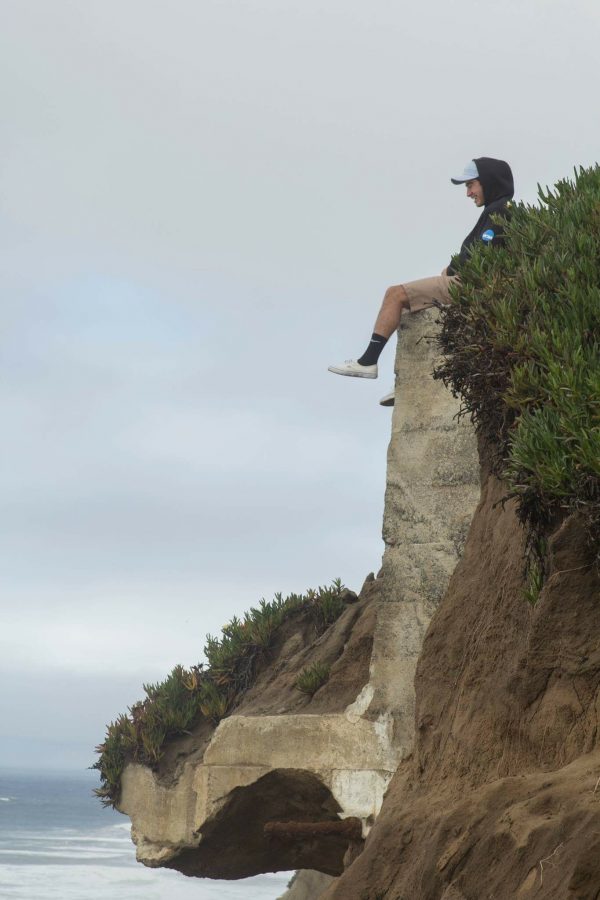Defining Ourselves: A College Student’s Philosophy on Identity
April 16, 2017
It’s December of 2015—I had just gone through arguably the hardest four months of my life trying in vain to balance school and soccer all the while grappling with my sense of identity. Come January, when it was time to return to school for another long semester, I realized that, without a strong sense of self, I wasn’t going to be successful. Therefore, I did what some would never consider: I packed up my bags and left.
My decision to leave my previous university proved to be one of the best decisions that I have ever made. It gave me the necessary time and space to focus on my identity, the facet of my life that I believed had greatly exacerbated the overwhelming stress that I experienced during my first semester of college. Through my experiences developing my sense of identity over the past year, I have developed new perspectives on not only the role that identity plays in our lives, but also how we, as busy college students, can approach developing our identities.
I strongly believe that the first step in developing our identities is cultivating the right environments for our individual needs. For me, a burnt out college student who didn’t do much outside of a couple of activities, my ideal environment was one with few expectations that granted me the time and space to explore my other interests. Simply having the freedom to wake up in the morning and do nearly anything that I felt like doing—whether that be going to the gym, coding, or hanging out with family—helped me improve my motivation levels (un-burning myself out, so to speak) and identify my actual interests. A big part of my identity problems at my previous university stemmed from the fact that, growing up, I allowed myself to be easily influenced by external factors when deciding what activities to pursue. During my time off, I tried to focus only on the things that I was internally driven to do, therefore, helping me to develop an identity that was truly me. Finding an environment where you can just focus on yourself—that is, your needs and desires—may be crucial to unlocking different parts of your identity that were previously unknown to you.
Another hugely influential part of our environments are the people that we choose to spend time with. Influential speaker and businessman Jim Rohn points out that “[we] are the average of the five people [we] spend the most time with.” While this quote may seem fluffy and cliché, it actually builds upon a fundamental conjecture: “the law of averages.” The law, which was a brainchild of the prominent 17th century mathematicians, Jakob Bernoulli, states that the result of a particular scenario can be extrapolated from the average of all possible outcomes. In the long term, where there are lots of trials of a scenario, the law performs even better. Taken in the context of our social lives where we have countless social interactions a day, focusing on having those interactions with those who we want to identify with can serve as a mechanism to guide our identities in our favor.
In an article on Entrepreneur.com, Kai Sato, an entrepreneur and co-founder of FieldLevel, a collegiate athletics recruiting company describes seeing the Rohn’s claim in practice. Sato explains how his friend, Jeremy Weir, also a co-founder of FieldLevel, “spent a weekend surfing with Uber co-founder Ryan Graves, enjoying talks about upending markets and fundamentally changing businesses.” When “[Graves] returned from the trip”, Sato observed, “he possessed a renewed sense of excitement as [they] prepared to launch into a new vertical.” While you may not have the chance to meet an individual who is able to excite you to the same degree as Graves, simply finding those who encourage you in your endeavors, share similar interests, or offer a chance to get out of your comfort zone is an excellent way to develop your identity.
In addition to cultivating the optimal environment for your individual needs when working on your identity, it may be helpful to look at your identity not as a list of personality traits but as a complex composition of your personal projects and the characteristics that you exhibit while pursuing such projects. Through my experiences, I’ve found that attempting to align with personality traits can be both mentally exhausting and demoralizing when I didn’t have a foundation for my identity to even start from. In my opinion, the most prominent personality classification, which arose from the Revised NEO Personality Inventory, a personality inventory published by personality psychologists Costa and McCrae in 1950, attempts to overly compartmentalized complex traits. In this new classification, known as “The Big Five,” there are (you guessed it) five primary traits that individuals exhibit. The five traits are as follows: “openness to experience, conscientiousness, extraversion, agreeableness, and neuroticism.” In the past when I classified myself under a given category, I found myself getting frustrated with myself when I couldn’t always stay consistent with the trait. In turn, this led to a lot of unnecessary over-thinking and stress that can be otherwise avoided if I didn’t focus so much my supposed “personality traits.”
One Cambridge personality psychologist, Brian Little, urges us not to focus on figuring out where we fall in each of these five categories. In a TED talk that he delivered last year, titled “Who are you, really? The puzzle of personality,” Little informs us that we should discover, bolster, and formulate our identities primarily by the projects that we undertake, rather than by attempting to “pigeonhole” ourselves into personality traits. He emphasizes that what “makes us different” – what forms our individual identities, per se – are “the doings that we have in our life.” More specifically, Little claims that we should give more weight to the activities and “core projects” that we partake in, rather than trying to figure out which personality traits we align with.
Little also emphasizes the development of what he calls “free traits,” or traits that arise when “we enact a script in order to advance a core project in our lives.” I like to think of these free traits as a way to explore new aspects of our identities. Engaging in core projects, ones that we enjoy or have some sort of developmental gain, will help us develop new free traits that we may not think we had. For instance, Little considers himself “as extreme an introvert as you could possibly imagine,” yet through his core project as a professor, he acts “in an extroverted way, because at eight in the morning, the students need a little bit of humor, a little bit of engagement to keep them going in arduous days of study.” The most significant take-away that I got from Little’s abstraction of free traits that it’s okay to expand your identity and mannerisms outside of the type of person that you think you are. This is where I like to differentiate Little’s free traits from the five traits described in the OCEAN classification. Free traits have the connotation that they will, in fact, change with the flow of your projects and growth, whereas, traditional personality traits often are sold as being set in stone.
I am a firm believer that free traits can help us expand and build out areas of our identities, however, I agree with Little when he says that “we need to be very careful when we act protractedly out of character.” While it’s important to get out of our comfort zones to help develop our identities, we must first and foremost, take care of ourselves by trying to take into account what we already know about ourselves.
This past year has been hugely transformative in terms of the way I perceive identity. I have experienced all ends of the spectrum from completely not knowing who I am or what I am doing with my life to feeling like I know myself inside and out. At the end of the day, I still believe that the process of discovering our identities is a perpetual and dynamic ordeal. There doesn’t seem to be a final destination: most of us might never be one hundred percent content with who we are, but having a set of guidelines to fall back on when we feel lost or detached from our identities will surely help. Most importantly for those of us who are currently going through identity struggles, it’s important to know that we are not alone—many of us are experiencing or have experienced struggling with our identities at some point in our lives. Reach out to others and they may share their insights on the things that they do to get to know themselves. Now, go out and become the best version of yourself that you can possibly be.






















































































Dionicio Loya
Oct 9, 2017 at 5:17 pm
Pusillanimous. “I strongly believe that the first step in developing our identities is cultivating the right environments for our individual needs.” 10% is what happens of life. The rest of the percentage is up to you to figure out. Knowing your surroundings and the capabilities you are capable of while managing your balance of the good and the bad. I chose this quote of the reading because I 100% agree with the author. By knowing who you are, you start losing pusillanimity. The sense of being afraid, that of lacking courage, being timid. Having these environments in mind as well who can and can not enter them is very rewarding. Allowing new ideas, new views on your ideas, allowing more constructive criticism to enter and enhance your overall status in life. This is not an overnight experience. It takes time and understanding of others before you can start being open minded. Bringing out the best in those who are around you, not having those individuals bring out the best in you. Like the rule of 5 in the reading. Seeing yourself in 5 of your friends.